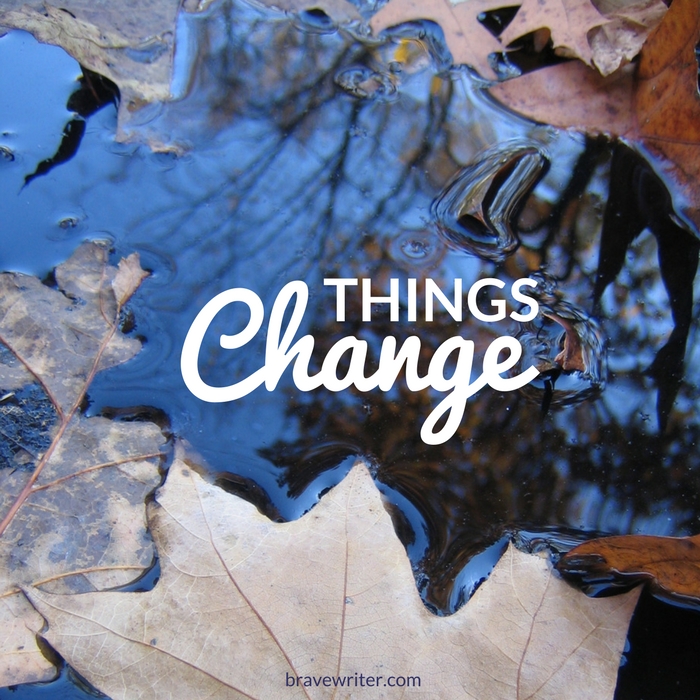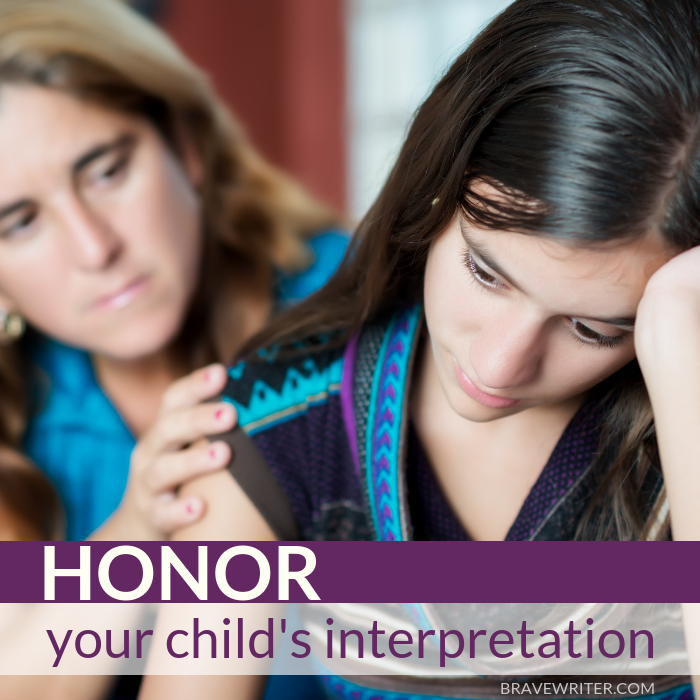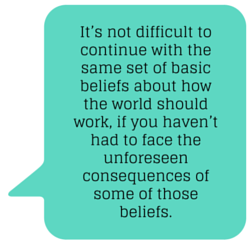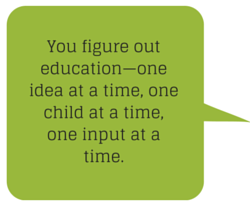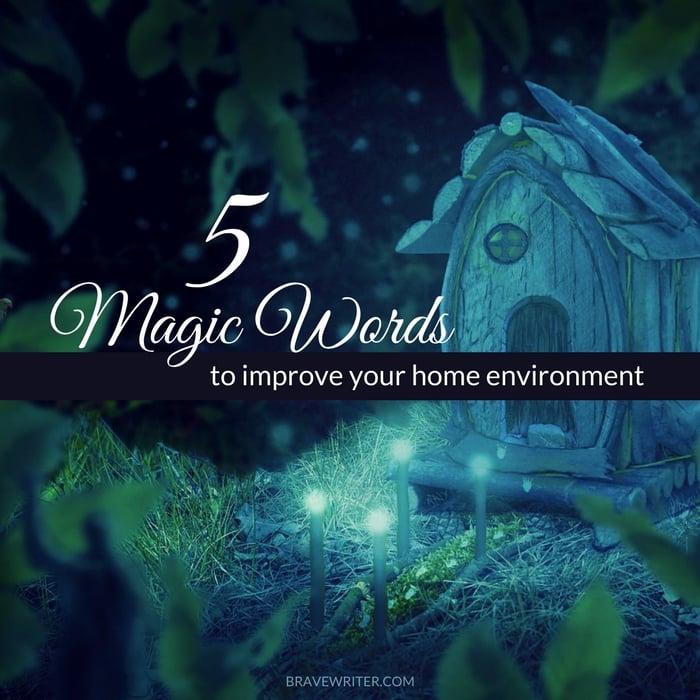
Get a dose of at least one of these per day and see if your home environment doesn’t improve.
I’ve provided two possible examples of each one to get your creative juices going. Build from these! Please post your own ideas for how to apply these to your homeschool in the comments section.
1. Surprise
- A margin note in the math book
- Cake for breakfast
2. Chance
- Roll of the dice—numbers represent “how many” of whatever work for the day (number of math problems, number of letters traced, number of pages or sentences or words read…)
- Flip a coin—heads means working independently for ten minutes; tails means working with a partner for ten minutes (child chooses which subject for independence or partnership)
3. Mystery
- Handwritten clues leading to a new board game or snack or treat
- Invisible ink to reveal a new copywork or dictation passage
4. Secret
- Provide a lock n key diary for secret entries
- Tell a child a secret plan to spend time with them (that day, later in the week…)
5. Discovery
- Walk, bike, kayak somewhere new
- Explore little known works of authors or poets you love
Good luck!



